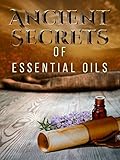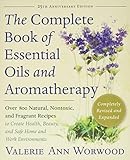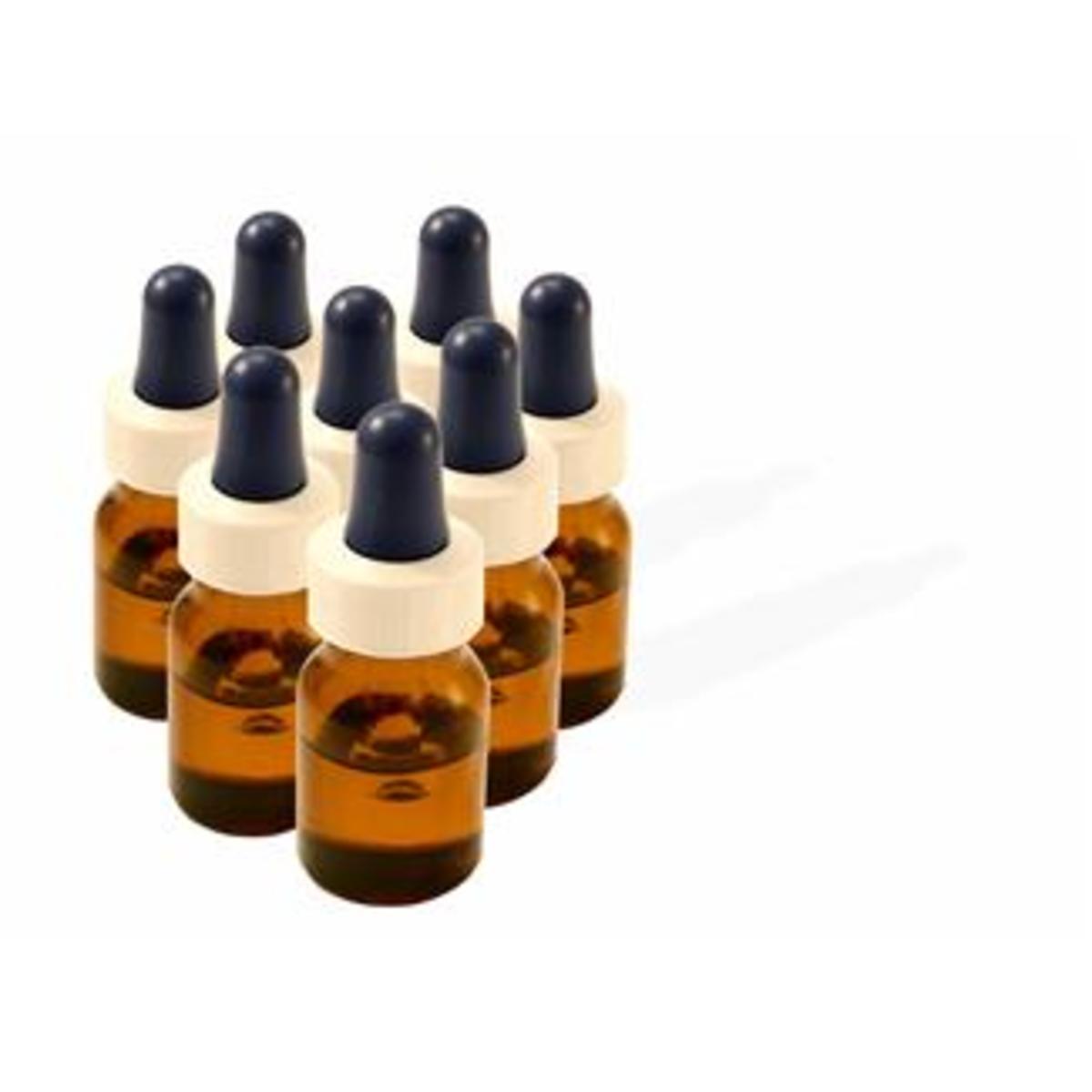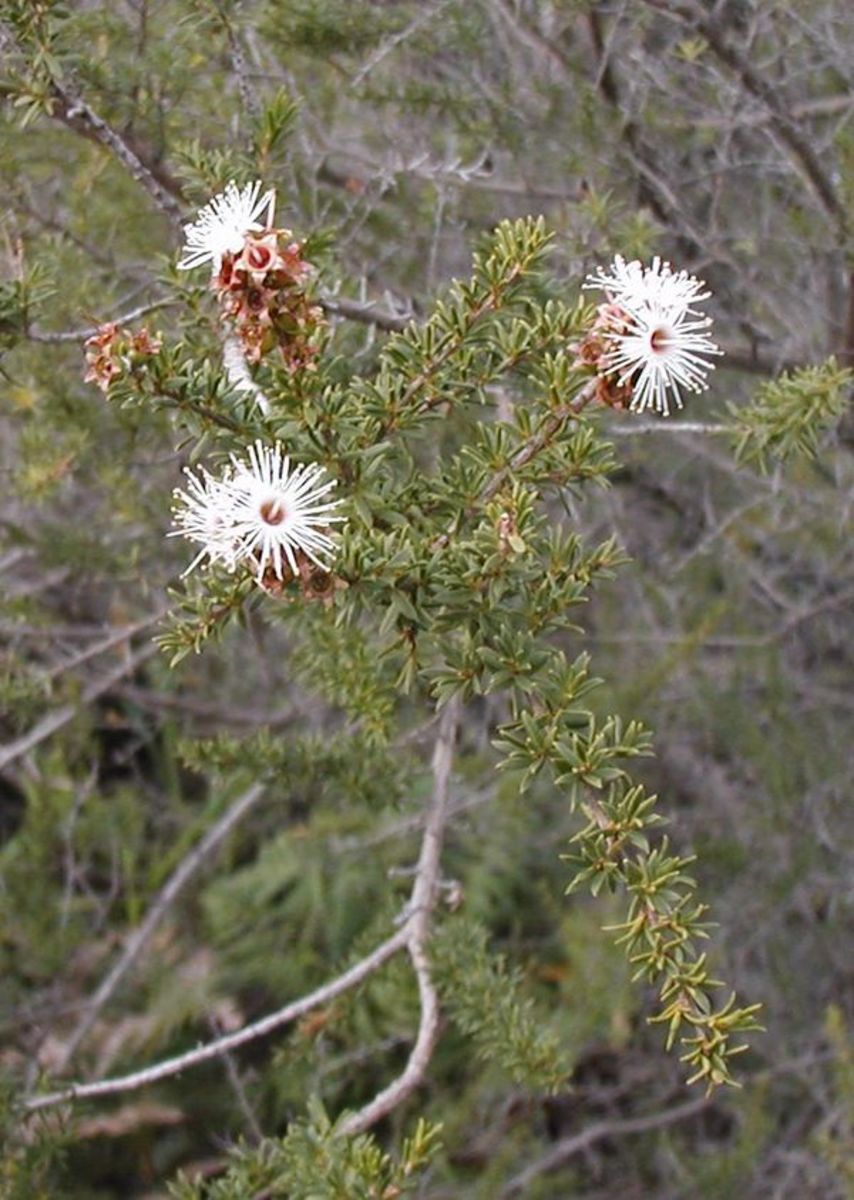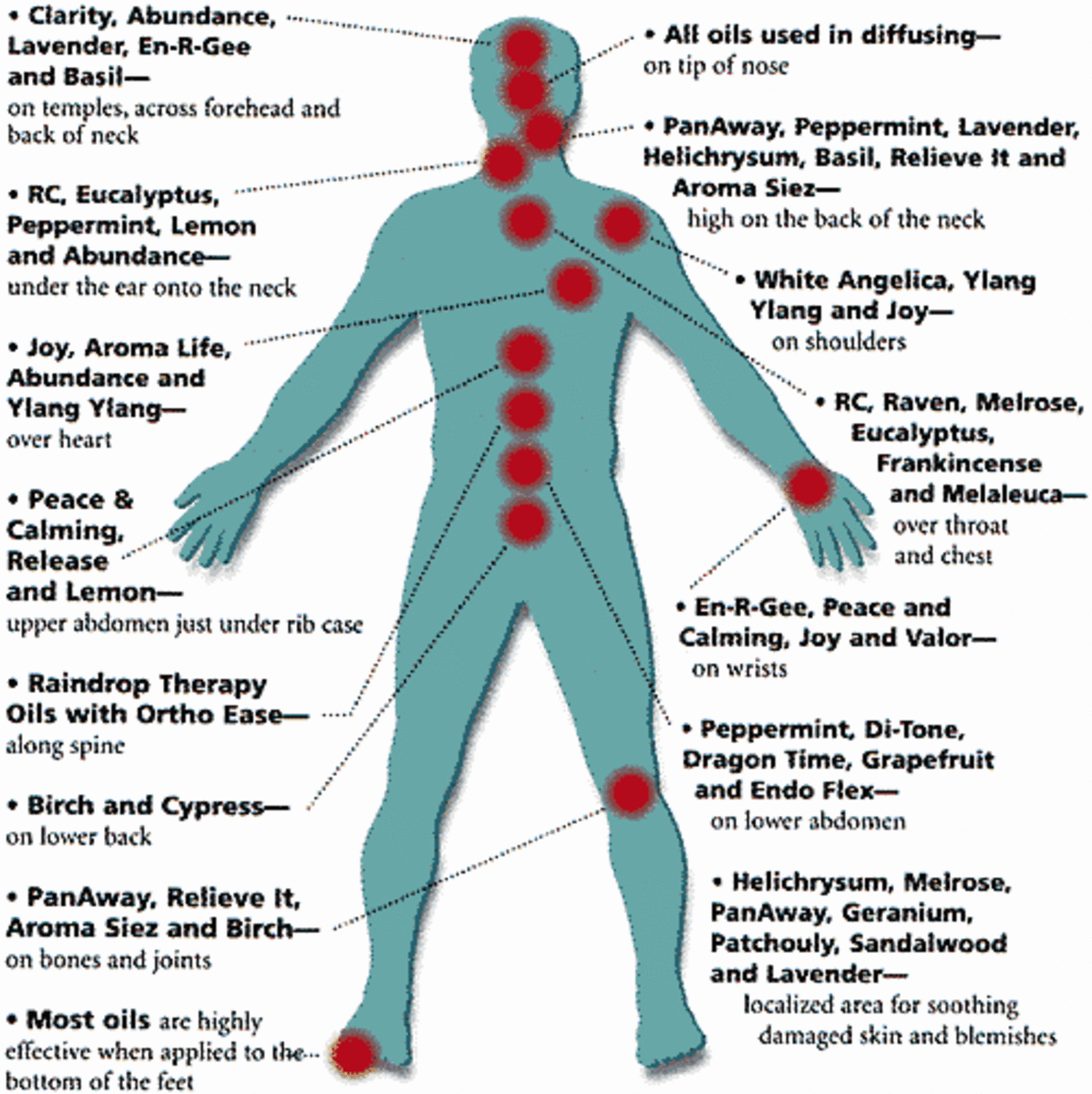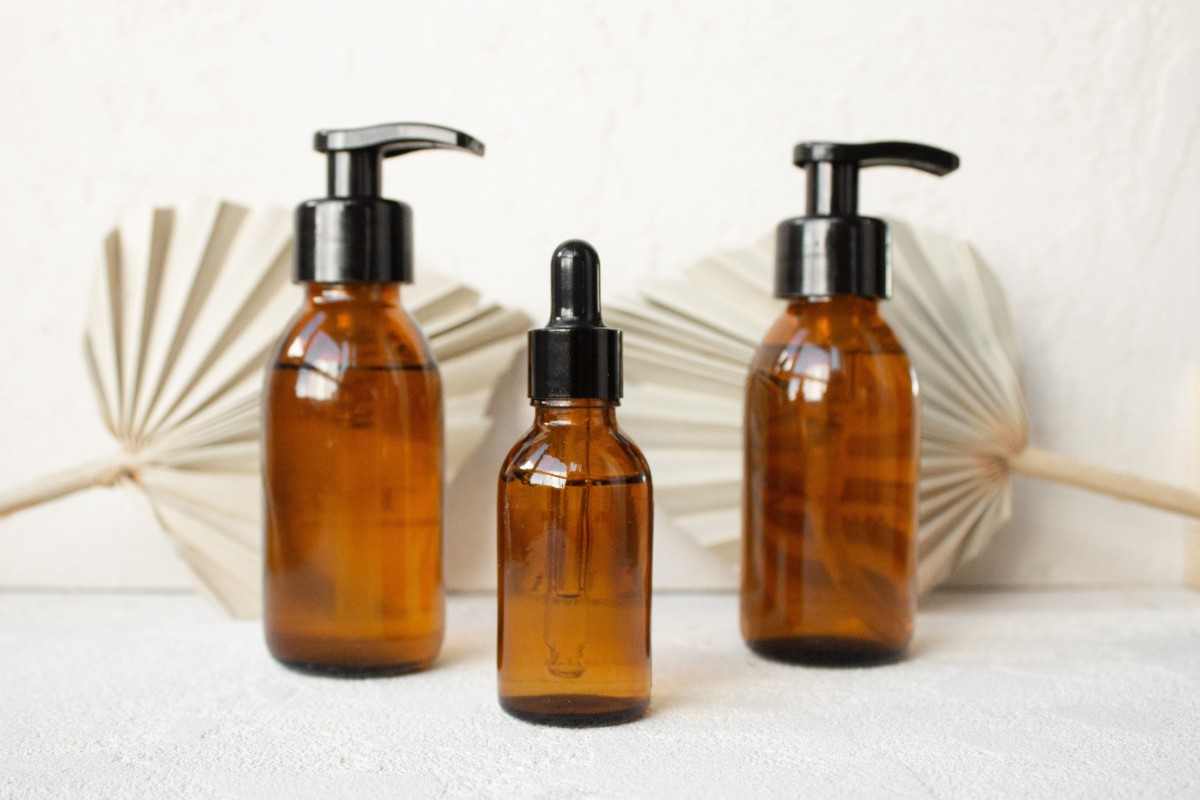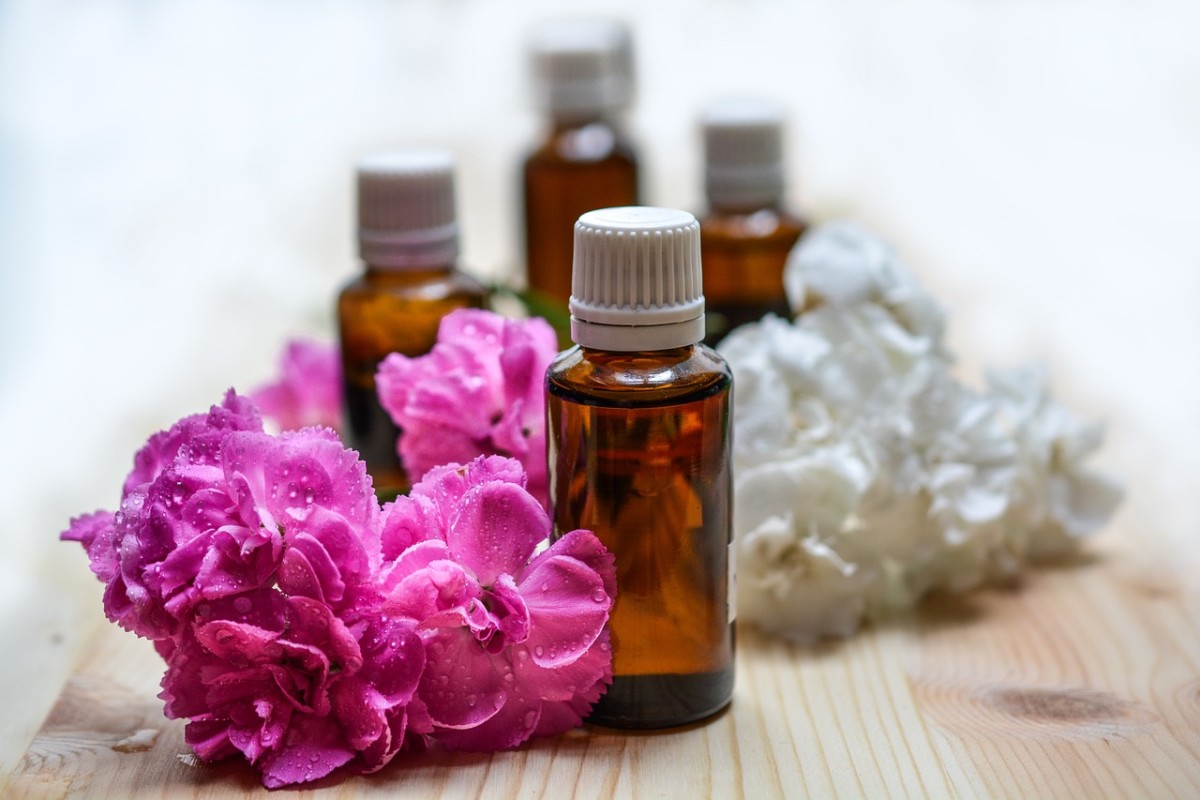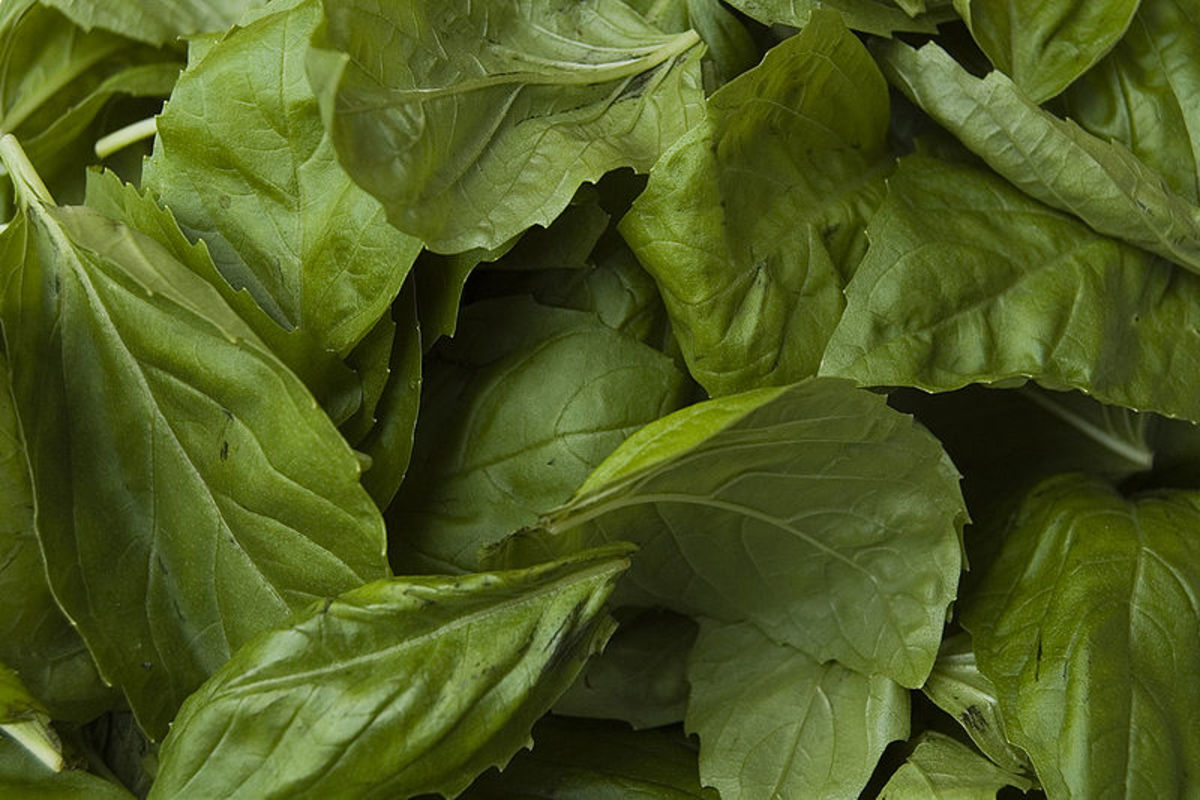What Make Essential Oils Therapeutic Grade?

Therapeutic Grade Essential Oils
Essential oils are probably no longer new to you, especially with the continued growth of aromatherapy. However, most people are not too familiar with therapeutic grade essential oils. Most believe that it is just another term used to refer to essential oils. But there is actually a huge difference between these two.
Read below to find out what this difference is and how important it is in aromatherapy.

Making Aromatherapy Products : What Is Essential Oil?
Benefits of Quality Oils in Aromatherapy
Aromatherapy relies on essential oils to make healing possible. These oils contain healing properties that act on the body to reverse or control symptoms of a given condition. So, if the oil you are using lack the properties that would make cater to healing, then you either experience no benefits or it is not as effective as it claims to be. There are also other factors that could impact an essential oil's ability to cure diseases, such as ability to follow proper instruction of use or the required dosage.
But it all boils down to the quality of the oil used. Even if the above conditions are met (proper usage and dose), one cannot experience relief from a particular ailment if the quality of the oil is lacking.
This concern over quality of the oil has led many to extract or create their own essential oils at home. That way, they can choose the plant material they will be using, depending on their specific health needs. But for those who are buying essential oils off the market, you need to be extra careful in making your purchases. Make sure that it is 100 percent pure essential oil instead of being made out of synthetic substances that could even prove fatal to your health.

Young Living Essential Oils from Seed to Seal

Making Aromatherapy Products : Using Essential Oil in Aromatherapy
Aromatherapy Essential Oils : How to Make an Aromatherapy Massage Oil

The Process of Making Therapeutic Grade Oils
In order to better understand the difference in oil quality for pure essential oils versus synthetically manipulated ones, it is important to equip yourself of the knowledge on how therapeutic grade oils are made. It typically involves a complex process but you will greatly benefit from the end result.
The purpose of undergoing such complex procedure is to ensure that the oil's natural chemical constituents are preserved or remain intact up until the final product. On the other hand, you also want to avoid contaminating the oil, which could prove toxic to your health when used in aromatherapy.
Below are some of the basic steps you need to consider to produce essential oils that are of therapeutic grade.
Specie Selection or Plant Quality
If you want to produce high quality oils, then you must begin with quality plant materials. You can either grow them or buy them from quality growers that ensure only the best produce. If possible, use only plant materials that were grown using organic methods or those that lack the use of pesticides and other harmful chemicals. The chemical residues left on the plant might make the essential oil produced toxic.
You must also carefully choose the variety for a specific plant since each one offer different levels of effectiveness and therapeutic properties.
Harvesting Plant Materials
Once you have grown a specific plant variety that you want to use in producing essential oils, you must also be careful with the harvesting method. The quality of most oils are so delicate that you need to protect it against any types of external factors that might contribute to the depletion of its quality and effectiveness. Some of those factors that you need to be wary of include pollution, contamination during handling, and the temperature level. This has prompted some to conduct the extraction and distillation of essential oil on the harvest site to avoid the risks of handling.
Methods of Extraction
There are different extraction methods available to choose from. The choice varies depending on the availability of equipments or materials and the time it takes to complete the entire extraction process.
Two of the most popular methods used in extracting essential oils are distillation and the pressing method. Both methods offer a certain risk in depleting the oil quality. With distillation, exposure to high temperatures can cause a break down of the oil components or turn those natural chemicals into toxic substances. Meanwhile, the pressing method could result to the destruction or lose of the oil's therapeutic qualities.
Oil Purity Testing
A purity testing method is conducted by most suppliers or the ISO before they could certify that a particular essential oil meets the therapeutic standard before it is released into the market. Hence, you need to be on the lookout for the ISO accreditation symbol on the bottle of essential oil you are planning to purchase as a guarantee.
The objective of this test is to identify grade A types of oil. In order to categorize an oil as therapeutic grade, a certain percentage of the entire oil component must meet the standards of a quality grade oil. It also identifies any synthetic component within the oil, hence ensuring that a particular oil has only pure essential oils.

No Synthetic Oil Additives
There are several commercially produced essential oils that are mixed with synthetic substances to increase its volume. This kind of scenario is no longer new in the industry given the rising demand for these essential oils. However, if you want to experience only optimum benefit from using these oils and avoid health complications, then you must only opt for therapeutic grade oils that are free of these toxic substances.
Most commercial essential oils come with added alcohol, water, and other chemical solvents. In some cases, these added chemicals would react on the oil's natural chemicals that would make it toxic. Therefore, you really have to be picky when buying oils from health stores to avoid risking your health in the process.

Risks Involved With Steam Distillation
Although steam distillation is the leading process of essential oil extraction, experts are worried that it might not actually produce the best quality of oils. Any process that involves heating always comes with a certain level of risk. The heat source and increase in temperature could intervene with the natural chemical content of a particular kind of oil and deplete its purity level.
Therefore, experts advice to be extra cautious if you are using this method of extraction. Use only stainless steel cooking pots to control the amount of heat entering into the oil. Plus, always keep an eye on it and never leave the oil on top of the stove as it could also cause an ignition.
Links on Essential Oils
- Essential Oils Archives - Taruna Oils
Taruna Oils offers therapeutic grade aromatherapy & essential oils for mind, body & spirit. Freshly cultivated and steam distilled, the essential oils in Taruna Oil's collection are life-enhancing gifts from nature.

